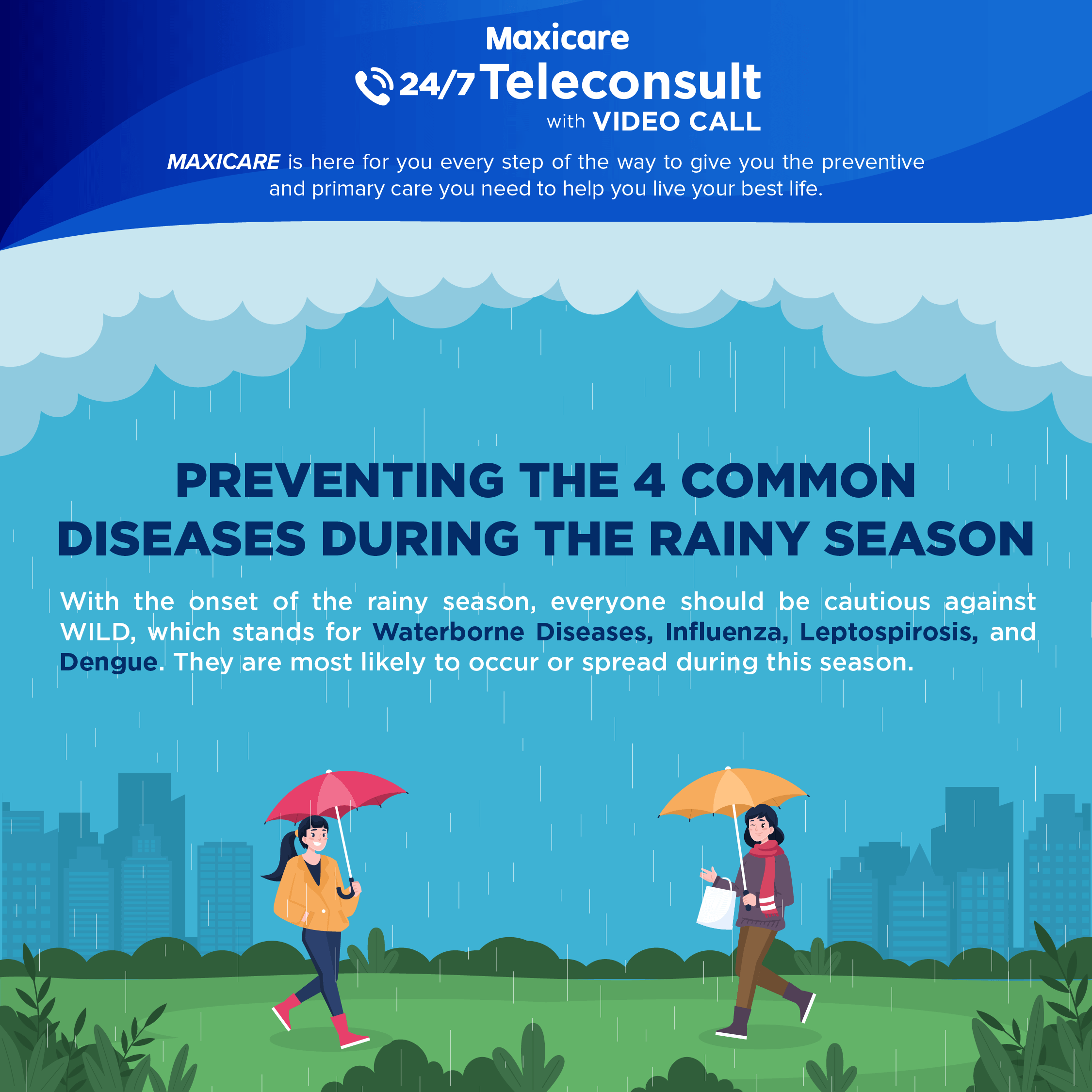Be kind to yourself and start dealing with stress in healthier ways.
What have you been stressed about lately?
There are countless triggers in your daily life that can make you feel overwhelmed or anxious. These feelings are valid, but it’s important to utilize healthy, coping mechanisms to decrease your levels of stress and live better. After all, chronic stress is linked to increasing your risk for health conditions, including cardiovascular disease, anxiety, and depression. Read on:
Get active
When some sedentary people hear the term, “active,” they might immediately have visions of sweating heavily and barely getting through a workout at the gym. The truth is, there’s no one-size-fits-all for a routine, so all you need to do is find a workout that works for you.
You can start out more simply by taking a walk in the morning, during your lunch breaks, or after coming home from work. Physical activity has been linked to improving one’s mood and reduce stress while also lowering symptoms of anxiety and depression.
Reduce screen time
This is easier said than done, especially when nearly all desk jobs require you to produce work through a screen these days. Not to mention, it’s difficult to imagine what life would be like today if we didn’t have smartphones and the incessant need to check for notifications every five minutes.
The amount of screen time you have may take a toll on your overall stress levels. Studies have shown that using your smartphone excessively and a condition called “iPhone addiction” can increase your stress levels and worsen your mental health.
Practice self-care
Zone in on the hobbies that make you feel at your best. Chances are, if you set a time for these activities and make them your regular stress-relievers, then you might be able to deal with the demands of life and work in a balanced way.
Self-care comes in many forms. For some, it might be lighting a few scented candles; for others, it might be a creative outlet like painting or playing a musical instrument. Whichever self-care practice relaxes you, it not only helps reduce stress but also improve your quality of life.
Respect your own boundaries
There are many things and situations in your life that are out of your control—except for one, and that’s yourself and how you deal with them. If you find yourself taking on more than you can handle at work or at home, it might be time for a new strategy before stretching yourself too thin.
One of the ways to honor your well-being is learning when to say “no.” If you’re already stressed out over everything you have on your plate, the solution isn’t to add more responsibilities. Ask for help. Delegate. Set boundaries in your life at home and at work to protect your well-being and make you feel less overwhelmed.
Have someone to lean on

It’s a common reactive mechanism to wall yourself up and keep it all in when stress levels run high. The truth is, you’re not alone, and you don’t have to deal with it alone. Your friends and family are there for you, for both the good days and bad days—and no, you’re not burdening them when you tell them what’s going on in your life.
Sometimes, you need to see your stressors from a fresh perspective, and this can be provided by your support system, which can include friends, family, or even social support groups. When you talk about what’s bothering you to those who care about you and know where you’re coming from, it can reduce feelings of perceived stress, loneliness, and depression.
Another important habit worth practicing is always being prepared for unpredictable scenarios or unforeseen events. In times of health crises, make sure you’re covered with a health plan in case of emergency, like Maxicare EReady and EReady Advance—one-time prepaid health cards that can cover illnesses or injuries that require immediate medical assistance. Find out more about Maxicare EReady and EReady Advance.
SOURCE: Summit Media













